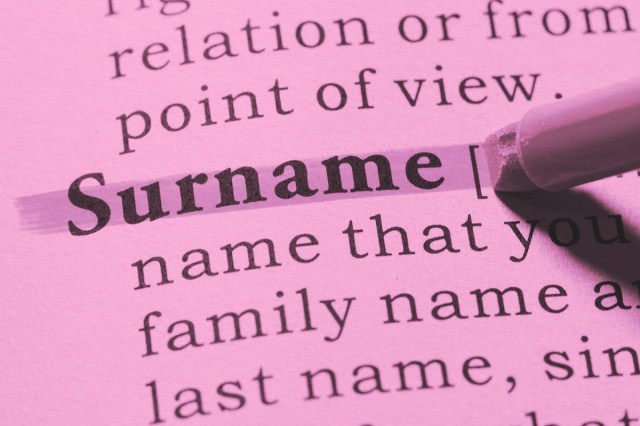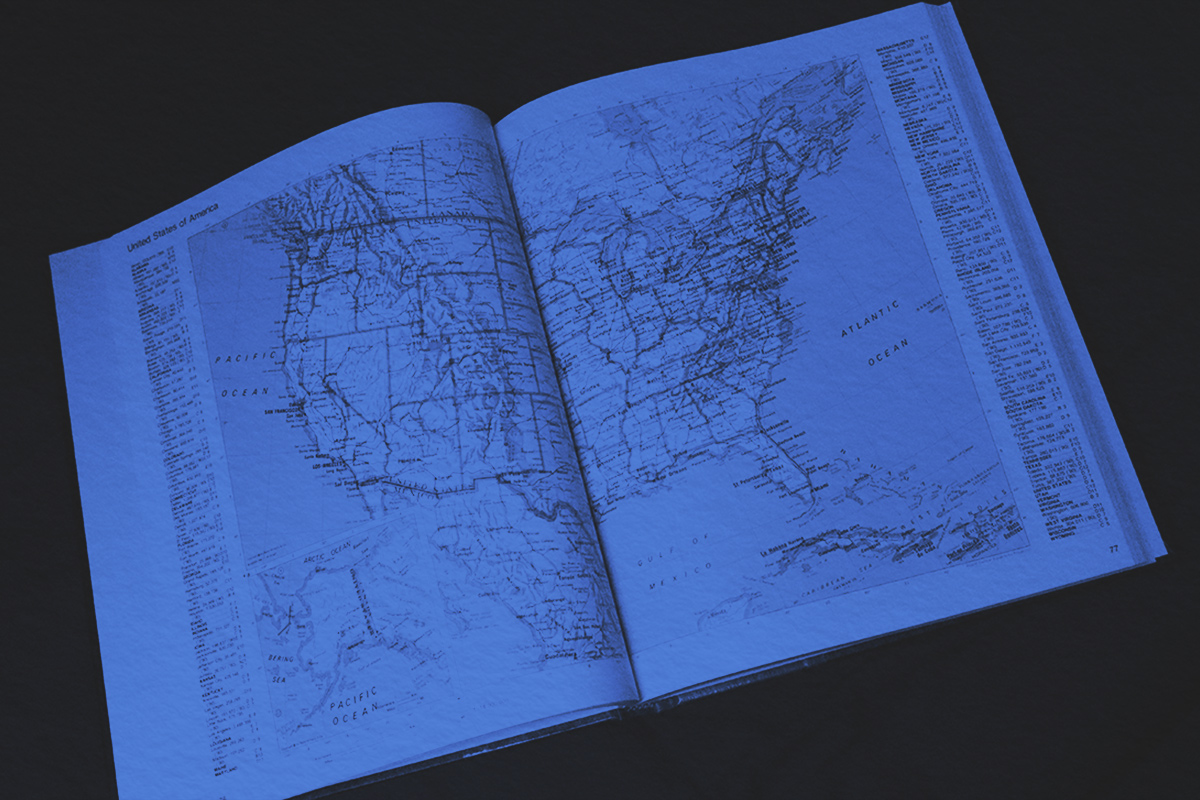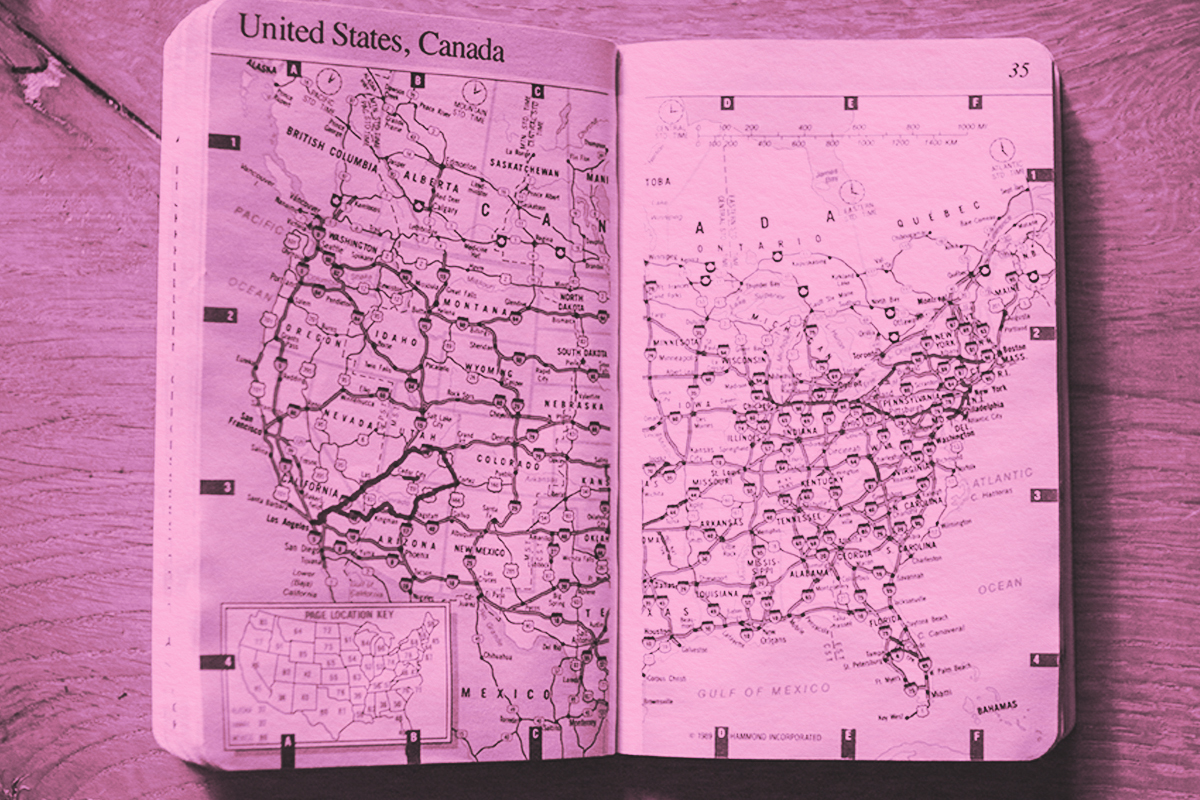
As common as fanciful names are in the land of fiction, Skywalker, Targaryen, and McFly aren’t too prevalent in the real world. Instead, you’re more likely to encounter someone named Smith, Wang, or any of the other eminently popular surnames that are shared by millions of people around the globe.
The practice of classifying families by surname started in China in 2852 BCE, for organizational reasons. Today, surnames tend to fall into five categories: patronymics (names referring to fathers or ancestors), personal characteristics, occupations, toponymics (home region), and clans and tribes. Census data shows that surnames generally vary by region: Occupational surnames are more of a European or Western tradition, patronymics dominate much of Asia and Latin America, and names related to personal characteristics are common in much of Africa. There are, of course, exceptions to the rule; enslaved people often had to take the surnames of their subjugators, which is why many Black families in the U.S. have European surnames.
In English-speaking countries, the most popular surname is Smith, with around 2.5 million people named Smith in America alone. This name developed to designate an occupation, such as a blacksmith or silversmith.
In China, more than 92 million people go by the surname Wang, making it the most common last name in the world. The name is believed to have exploded in popularity around 250 BCE, when many royal families changed their name to Wang — meaning “king” in Mandarin — after the Zhou dynasty fell to the first Qin dynasty emperor. Li, Zhang, and Chen are other Chinese surnames shared by tens of millions of people.
In India, Devi, from the Sanskrit word for the Hindu mother goddess, is particularly common. Even when it’s not an official surname, Devi is sometimes used after the first name of a Hindu woman as a sign of respect. In Vietnam, about 40% of the population shares the last name Nguyen, and in South Korea, around 20% of the population goes by the surname Kim.
Many of these names are hundreds or thousands of years old, but new names are being created all the time. It’s become more of a common practice in Western countries to hyphenate or combine surnames when people get married, which has created brand-new names that bridge cultures and name origins.




















